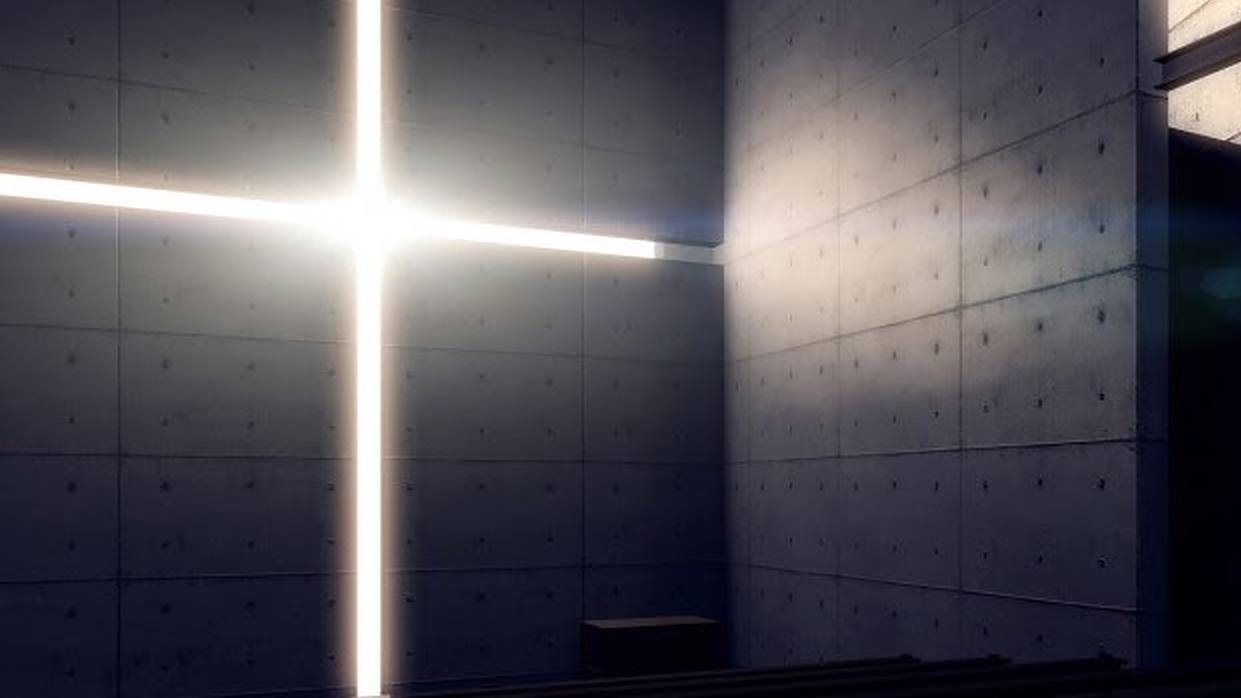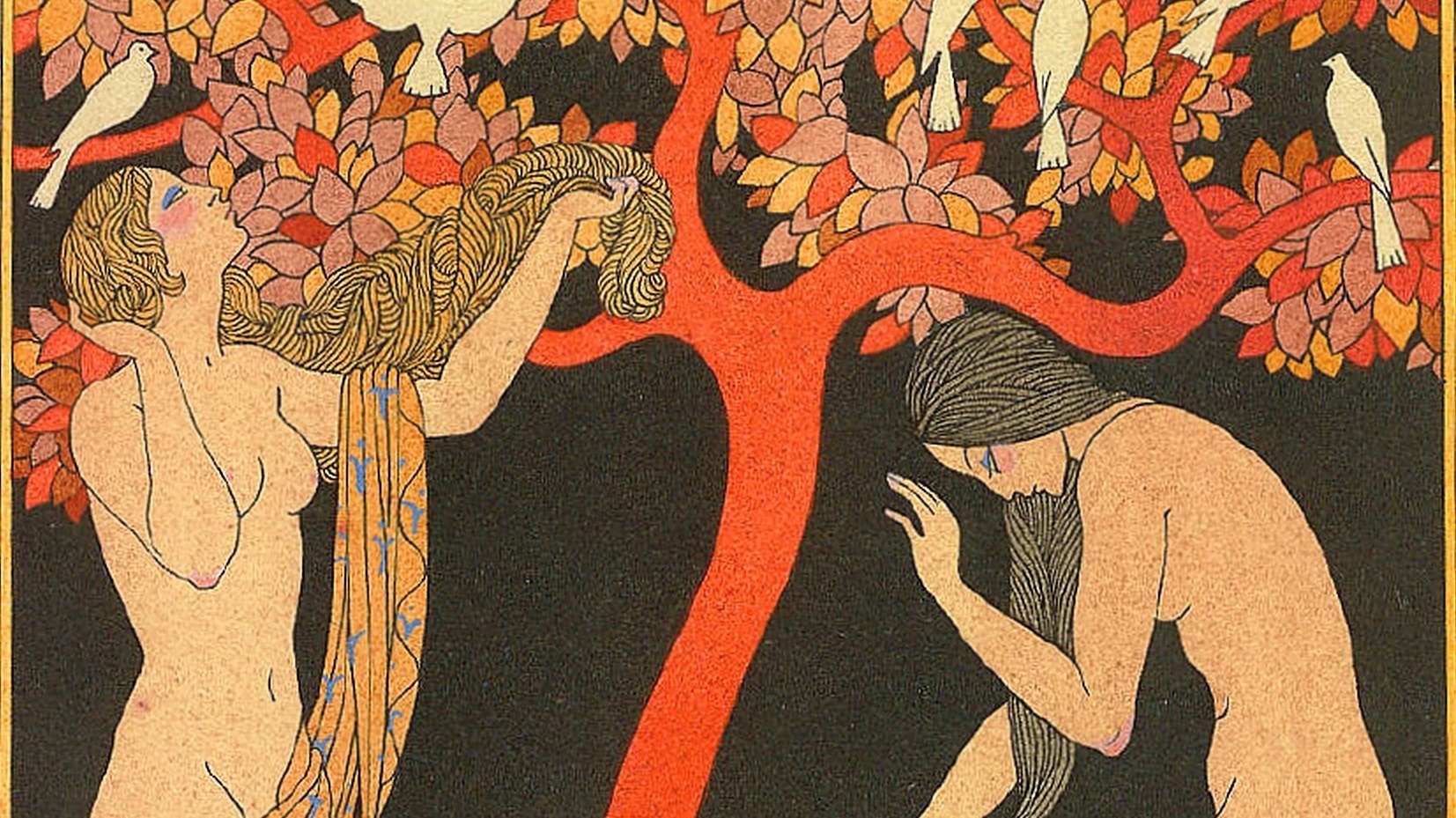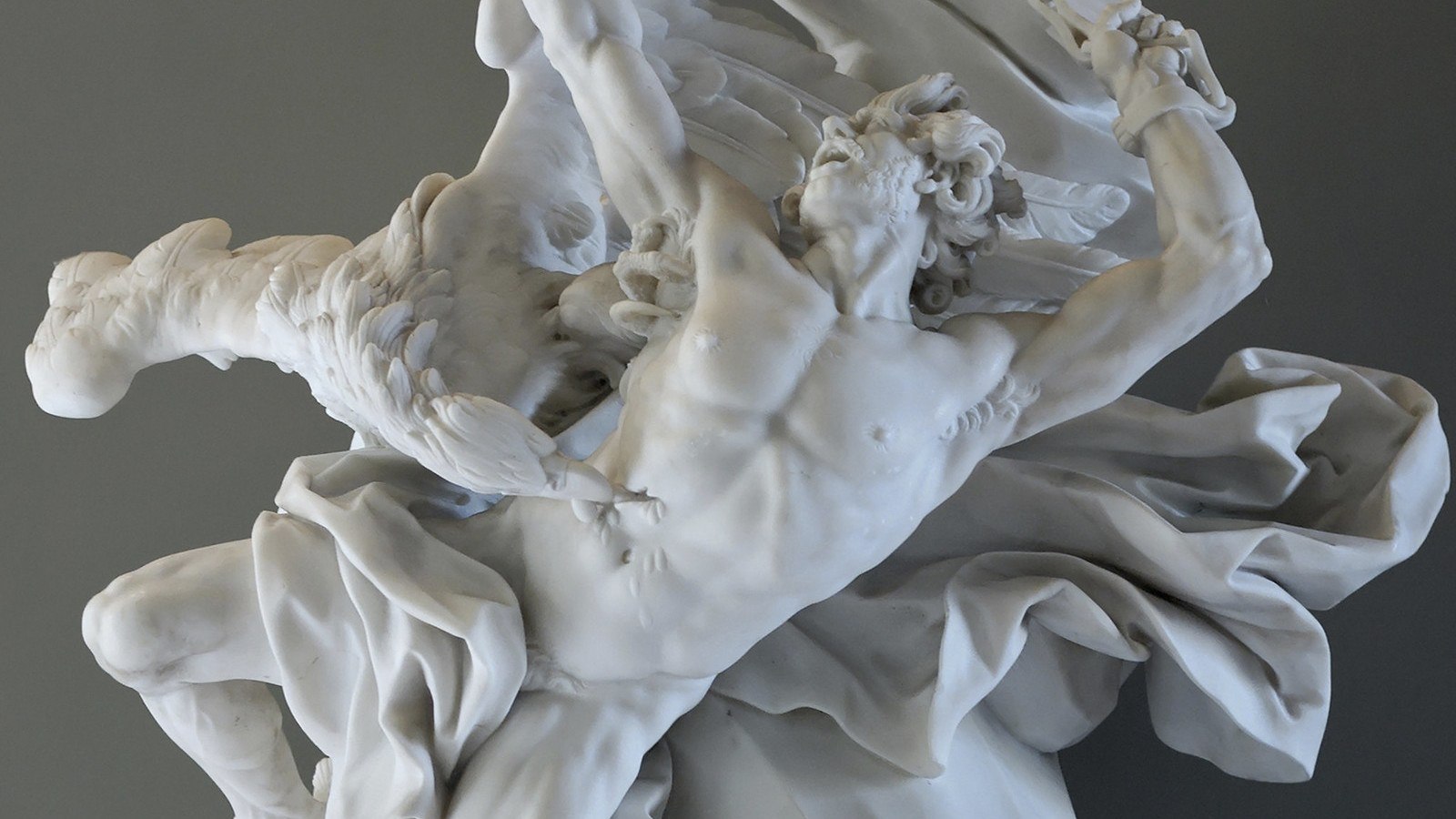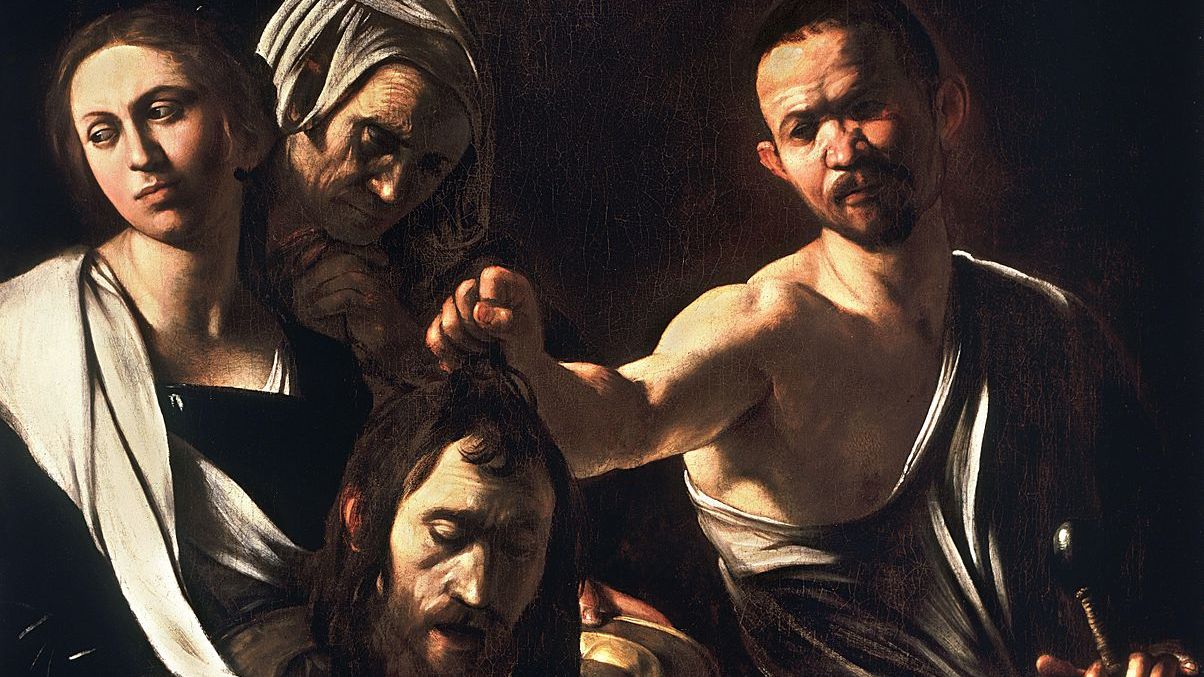Mozart’s Requiem in D Minor: Mysterious and Monumental
Mystery and intrigue have long surrounded the genesis of Mozart’s Requiem in D minor. In early July of 1791, an “unknown, gray stranger” visited the composer, bearing a commission for a Requiem from an anonymous patron. At the time, Mozart was working tirelessly to complete two operas, The Magic Flute and La clemenza di Tito. By the time he turned his attention to the Requiem the following September, his health was in terminal decline. He …







